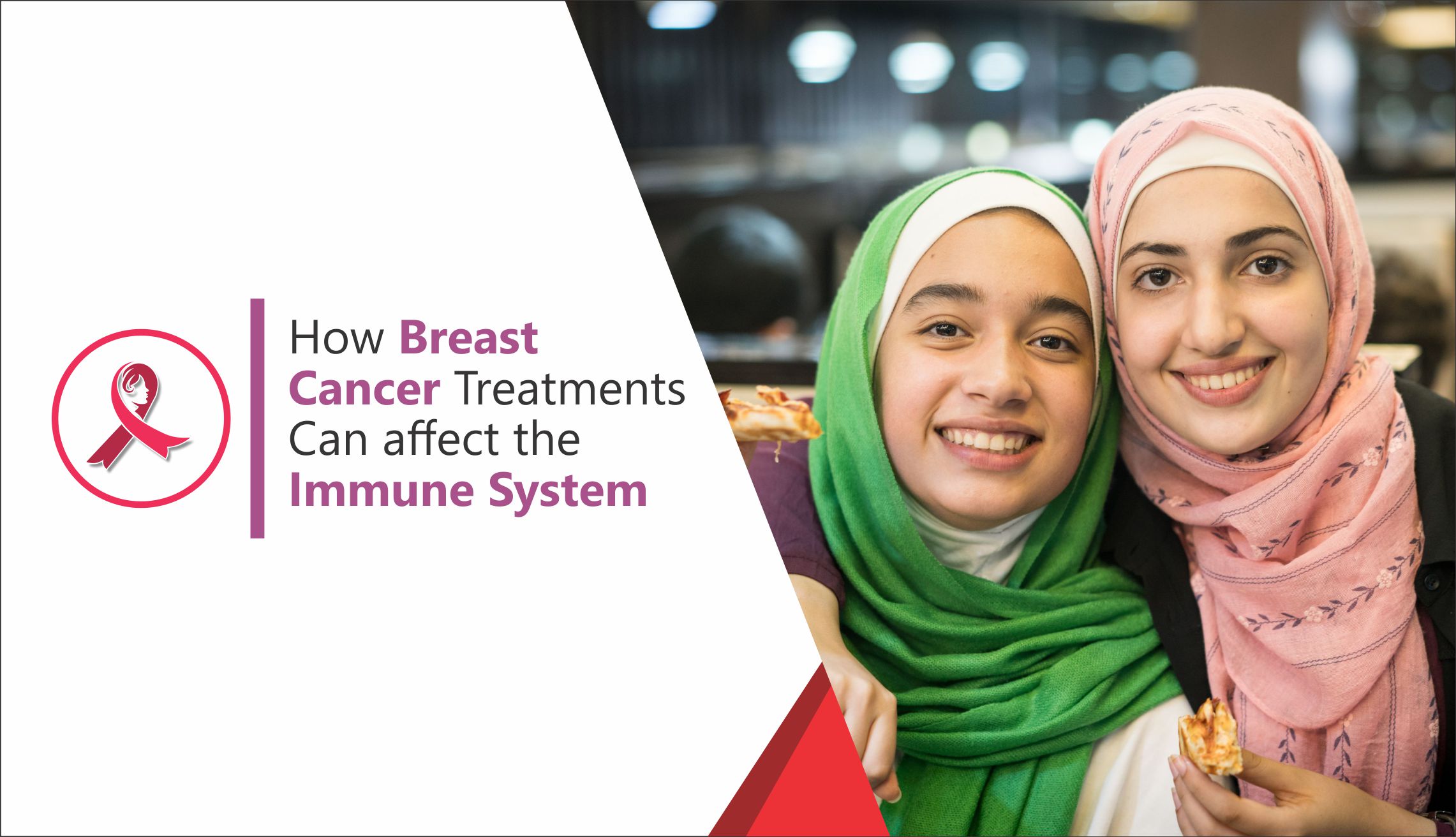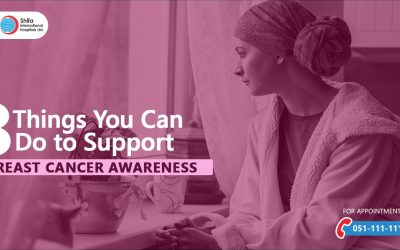How Breast Cancer Treatments Can Affect the Immune System?

It is a harsh reality that breast cancer treatments are physically difficult. Procedures such as chemotherapy, radiation, and surgery can take a toll on your body which can result in serious side effects. One of the most recurring side effects is the compromise of exhaustion of the immune system. It is more crucial during breast cancer treatment as your body needs to perform more efficiently. As critical and helpful as these treatments are, it’s also important to understand that these treatments can damage the immune system.
How Different Breast Cancer Treatments Can Affect the Immune System?
As all breast cancer treatments attack the disease in different ways, their impact on the immune system also varies accordingly. Following are the details of how certain breast cancer treatments affect your immune system.
Chemotherapy
Basically, cancer is caused by an uncontrolled distribution of abnormal cells in the body. The most common and widely used method for treating breast cancer is chemotherapy. In chemotherapy, these abnormal cells are targeted. While doing so, chemotherapy can also affect fast-growing cells that are perfectly healthy. As chemotherapy can affect cells throughout the body, including the cells in the bone marrow. When bone marrow is damaged due to chemotherapy, its capability to produce red blood cells, white blood cells, and platelets is effectively reduced. We know that white blood cell and the immune system is directly proportional to each other. So when the body is not producing enough white blood cells, your body is prone to more infections.
Surgery
Breast Cancer is treated through two major surgeries i.e; lumpectomy and mastectomy. Such major surgeries have a heavy toll on your body and immune system. These surgeries consume reserves of white blood cells to prevent infections and heal wounds caused by the surgical procedures. Surgical procedures include cutting through skin and layers of tissues, which will make your body vulnerable to germs.
Immunotherapy
Immunotherapy is used to treat cancer by helping your immune system fight cancer. Checkpoint inhibitors are used to boost the immune system by enabling them to recognize and fight against cancer cells. Though it is designed to boost the immune system, sometimes an overactive immune system may also attack the healthy cells. This can cause flu and similar symptoms. In severe cases, it can cause autoimmune conditions such as colitis.
Stem Cell Transplant
Stem cell transplant is the process of replacing your immune cells (cancer cells) with your own healthy cells (autologous transplant). Sometimes the immune cells are replaced with cells from a stem-cell donor (allogeneic transplant). This therapy often involves fierce regimens of chemotherapy and radiation therapy to prepare the body for new donor cells. Allogeneic transplant often results in a condition called graft versus host disease. In this condition, the recipient rejects the cells from the donor which causes recurring infections and other related symptoms.
CAR T-Cell Therapy
A type of cancer treatment in which a patient’s T-cells (a type of immune system cell) are re-engineered in the laboratory so that they will attack the cancer cells. This therapy is used to treat certain types of cells of leukemia and lymphoma. The downside to this therapy is that it may also damage the B-Cells and affect the body’s ability to produce antibodies. This affects the immune system and the body’s ability to fight against certain diseases and infections.
Final Thoughts
It’s important to know about the side effects, risks, and other complications associated with cancer treatments as well as how they may impact your immune system and for how long. If you have concerns about how cancer therapy may increase your risk for infection, speak with your oncologist and take extra precautions.




0 Comments